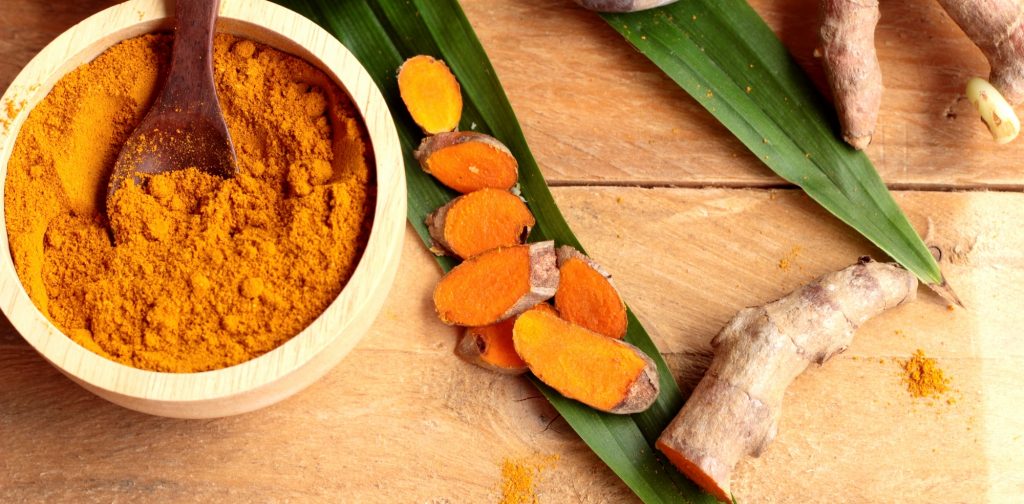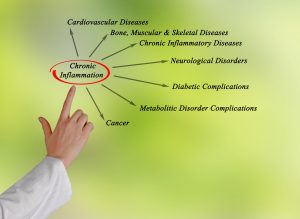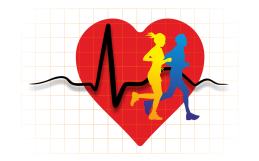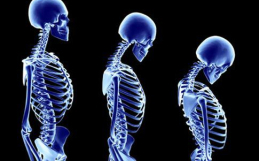Curcumin is an important chemical and one of the most well-studied bioactive ingredients found in Turmeric.
The Turmeric plant grows in India and Indonesia it produces the yellow-pigmented curry spice we know as Turmeric.
Turmeric if you’ve ever seen or used it fresh, looks very similar to ginger — except orange on the inside and proportionately 1/3 smaller. The flowering plant does indeed belong to the ginger family. It also has a long history of medicinal use in traditional Chinese medicine (TCM) as well as Ayurvedic medicine.

Traditional medicinal uses include the treatment of liver disease, skin problems, respiratory and gastrointestinal ailments, sprained muscles, joint pains, and general wound healing.
Why are we talking about spices? There is great scientific evidence to show that cooking with Turmeric or taking Curcumin in the capsule form can have anti-inflammatory affects. Let’s review what Inflammation is so we can better understand why we should choose supplements or foods that target inflammation.
Inflammation is a local response in the body to cellular injury. It is one of the ways that our body signals ‘the troops’ to begin healing.
‘The troops’ are:
– capillary dilatation (that means small vessels carrying blood get wide) and leukocytic infiltration (white blood cells start moving to the area of concern), this can produce redness, heat, and pain. All of this heat and pain helps to begin the healing process by removing damaged tissue and other harmful byproducts.
Cytokines signal ‘the Troops’ they are small proteins in the body that are very important for telling the body what to do when it comes to inflammation.
Acute inflammation
Acute inflammation is the initial response to a pathogen or an injury is acutely inflammatory. In other words, it is brief, lasting several days or less. All sorts of things can cause an acute inflammatory response. Here are a few:
- Trauma (punch, kick, ball to the head)
- Infection by pathogens (bacterial, viral)
- Burn (sun, fire, stove/oven)
- Chemical irritants
- Frostbite
- Stabbing/Cut/Laceration
- Allergic reaction
Sensations of heat, redness, swelling, pain, and a loss of function – are annoying and familiar, but they are absolutely necessary for proper healing.
Problems arise when the inflammatory response is not short and to the point, as it was designed.
Chronic inflammation
Chronic inflammation is at the root of all modern diseases including arthritis, heart disease, obesity, depression, type 2 diabetes, cancer and Alzheimer’s disease.

Chronic Inflammation
Turmeric can provide a natural anti-inflammatory option without many of the risks associated with medications. This can give you a safer option while you are working on getting to the root cause of your inflammation. This is a very important point as many people continue to consume the poison will they have the antidote. This is never a good long-term solution and the controllable lifestyle factors should be addressed.
Controllable lifestyle factors associated with inflammation include:
- standard Canadian toxic diet including high sugar, highly processed carbohydrates, high industrial fats, high factory farmed animal meat
- lack of sleep: poor sleep is linked to elevated inflammatory markers; modern life associated with increase in electronic devices especially in the evening due to their melatonin-disrupting blue light.
- insufficient omega-3 fats that are the precursors to reducing inflammation in the body
- too much omega-6 fats that are the precursors for inflammation in the body (especially industrial and rancid seed oils in most processed and packaged goods)
- insufficient movement linked to systemic low-grade inflammation.
- Insufficient lifestyle stress management using exercise, yoga, meditation, socializing, time in nature, reading, etc.
Turmeric/Curcumin can block inflammatory cytokines. So, if you have an area of inflammation acute or chronic in nature adding Turmeric to your food or Curcumin to your supplement list can be helpful.
Always check with your Health care professional for advice on dosage or contraindications.
High doses of turmeric can act as a blood thinner and cause stomach upset. Avoid turmeric/curcumin if you take blood thinners such as warfarin (Coumadin), are about to have surgery, are pregnant or have gallbladder disease. (Important note: curcumin is contraindicated if you are taking a blood thinner, which may be prescribed post-surgery.)
Enjoy the spices of life!













